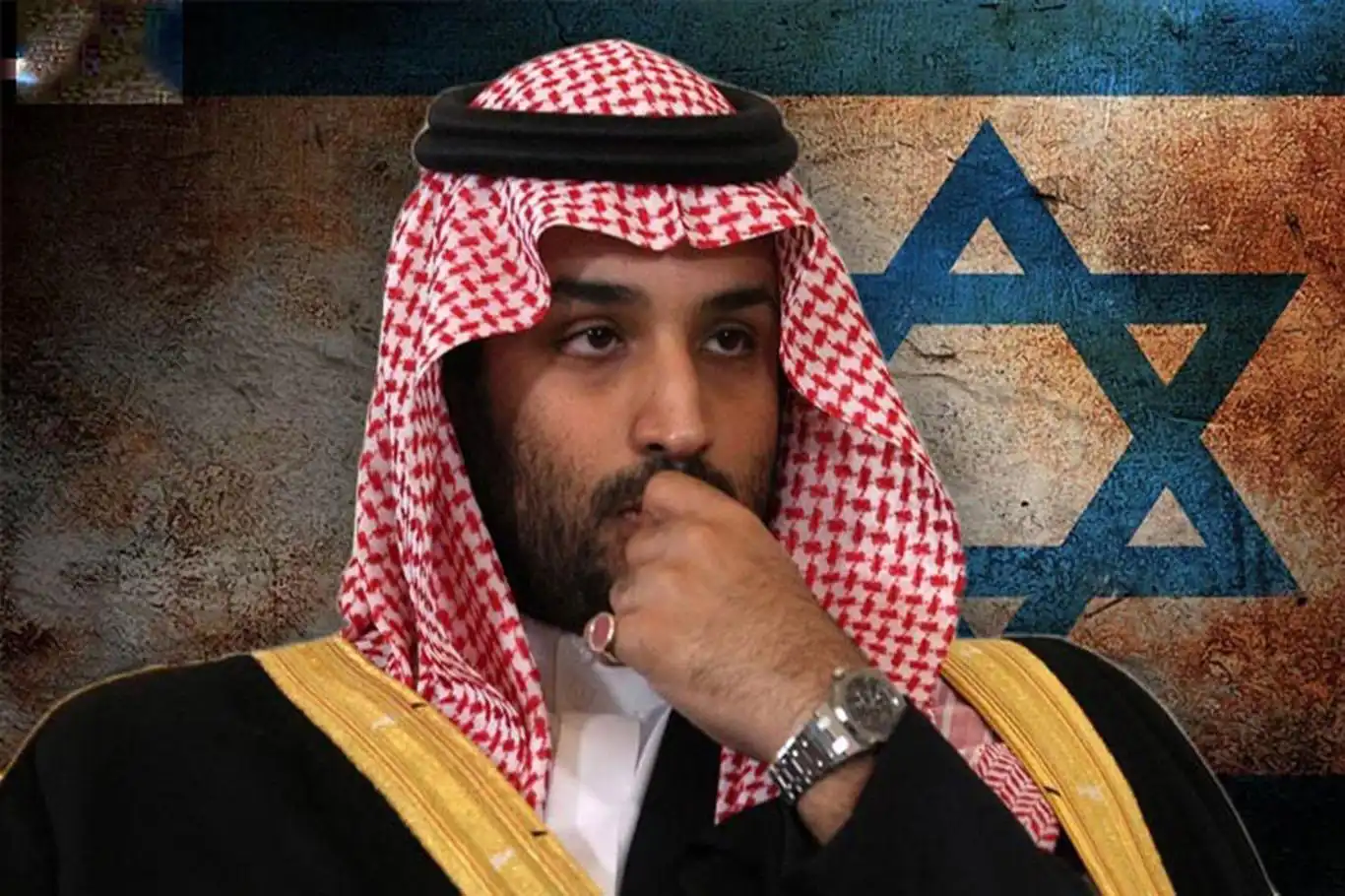Saudi Arabia to legalize alcohol in tourist zones


Saudi authorities are preparing to permit the sale and limited consumption of alcohol in select locations starting in 2026, according to Saudi media reports.
The move comes as part of the Kingdom’s Vision 2030 economic agenda, which aims to attract foreign investment and promote international tourism by liberalizing social norms.
For over 70 years, Saudi Arabia has maintained a firm prohibition on alcohol in adherence to Islamic teachings, which clearly forbid the consumption of intoxicants. This ban has applied to both citizens and foreigners alike, reflecting the Kingdom’s historic commitment to upholding the moral and spiritual values of Islam.
However, recent announcements suggest that the government intends to allow alcohol to be sold and consumed in approximately 600 designated locations nationwide. These include five-star hotels, upscale resorts, diplomatic enclaves, and tourism zones like Neom, Sindalah Island, and the Red Sea Project. Only beverages such as beer, wine, and cider will be available—spirits and stronger drinks will remain restricted, though concerns remain about the long-term implications of even this partial legalization.
Officials claim the alcohol licensing system will be tightly regulated, limited to areas serving international visitors and expatriates, and enforced through trained personnel and strict oversight. Yet critics argue that the policy undermines the Islamic identity of the country and sets a dangerous precedent of compromise under the guise of economic development.
Saudi Arabia’s Vision 2030 initiative, led by Crown Prince Mohammed bin Salman, aims to diversify the country’s oil-dependent economy by expanding the tourism, entertainment, and hospitality sectors. But this shift toward liberalization, including music festivals, cinemas, and now alcohol sales, has drawn criticism from Islamic scholars and citizens who fear the erosion of the Kingdom’s religious and cultural values.
While authorities stress that alcohol will not be sold in homes, public spaces, or regular shops, and will remain off-limits to the general population, the symbolic nature of the decision signals a marked departure from Saudi Arabia’s traditional Islamic stance. Misuse or violations of the regulations are reportedly subject to penalties, but many fear that the normalization of alcohol, even in limited zones, could open the door to further secularization.
As the Kingdom prepares to host major international events like Expo 2030 and the FIFA World Cup in 2034, the policy is being framed as a necessity for attracting foreign visitors. Yet for many within the Muslim world, this development raises troubling questions about the balance between economic ambition and spiritual responsibility.
In a country that holds the two holiest sites of Islam—Makkah and Madinah—the decision to introduce alcohol, even in limited form, is being seen by many as a concerning step away from its role as a guardian of Islamic values. (ILKHA)
LEGAL WARNING: All rights of the published news, photos and videos are reserved by İlke Haber Ajansı Basın Yayın San. Trade A.Ş. Under no circumstances can all or part of the news, photos and videos be used without a written contract or subscription.
Israeli occupation forces detained Sheikh Mohammad Hussein, the Grand Mufti of Jerusalem and Palestine, shortly after he delivered the Friday sermon at the Al-Aqsa Mosque compound, according to the Islamic Waqf Department.
The Kremlin has downplayed the possibility of a direct meeting between Russian President Vladimir Putin and Ukrainian President Volodymyr Zelenskyy taking place before the end of August, despite Kyiv’s recent proposal during negotiations in Istanbul earlier this week.
A devastating roof collapse at a school in India’s western state of Rajasthan has left seven students dead and at least 20 others injured, local authorities confirmed on Friday.
The Hamas Movement has expressed strong support for French President Emmanuel Macron’s announcement that France intends to recognize the State of Palestine at the upcoming United Nations General Assembly in September.